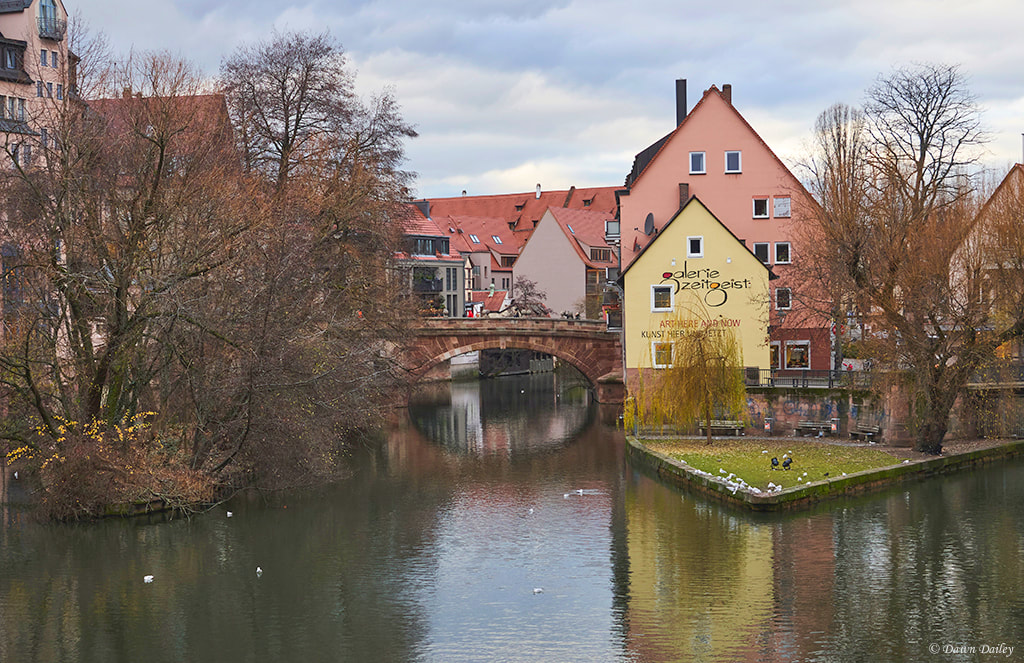In fact, the Swiss have about 30 guns per 100 people, about double the average rate in the European Union. Yet, as of 2023, there have been only 6 mass shootings in the past 110 years in Switzerland. By contrast, it is estimated there are 145 firearms per 100 people in the US (based on an estimated 500 million guns in the US) and there were 586 mass shootings in 2024 alone. Often, Switzerland’s low gun violence rate is lauded as a justification for high gun ownership rates.
Like most subjects, gun violence is very nuanced. In the idyllic country of Switzerland, known for snow-covered mountains, delectable chocolates, and military neutrality, it is surprising that there is a high rate of gun ownership. One important reason is the mandatory two years of military service required of young men at age 18 (optional for young women). Military personnel, after completing their required service, keep their military-issued rifles until age 34, at which time they have the option to purchase them. In the meantime, they are required to attend annual training sessions that last several weeks. A gun safety refresher course is part of that training. The mandatory gun safety training plus the fact that 50% of gun ownership is related to military purposes are key factors in the low gun violence rate.
Switzerland’s neutrality lends itself to the false impression that it is a passive country when in fact, it is officially a state of “armed neutrality.” While the Swiss do not engage in wars between other countries, they stand ready to fiercely protect their borders from foreign invasion. They can quickly assemble a force of both active military personnel and reservists to fight an advancing foe. Hence, there is a need for active and nonactive military personnel to maintain their arms at home.
While the Swiss have less strict gun laws than some other European countries, in comparison to the US, Swiss laws are much stricter. Buying a gun in Switzerland, outside of being in the armed services, is a difficult process with detailed background checks and a high bar to clear regarding any psychological issues precluding one to owning a gun. Switzerland’s strict laws regarding storage and carry help keep their gun violence rate low, too. Most guns are purchased for national defense with some for hunting or target shooting, but interestingly, they are not purchased for self-defense.
The Swiss have a society that is relatively homogeneous with stronger national unity than the US. Their culture encourages disputes to be settled without guns. The Swiss feel safe in their country and trust the police to keep them safe so they have no need to purchase guns for self-protection. By contrast, 72% of Americans buy guns for self-defense.
Economics plays an important role, too, with poverty being the single most predictor of gun violence. Despite being the wealthiest country on the planet, the US, when compared to other wealthy nations, has the highest poverty rate, and those in poverty experience the most severe level of poverty compared to other wealthy nations. Switzerland fairs significantly better than the US. I wonder if both poverty and income inequality in the US contribute to an individual’s sense of powerlessness. Perhaps wielding a weapon creates a sense of power.
Culture shapes values and behaviors and cultural attitudes towards guns differ between Americans and the Swiss. Americans pride themselves on individuality, not national unity. Perhaps this harkens back to the “Wild West” where gun-slinging heroes and outlaws were etched into our collective memories via TV programs like Gunsmoke and Bonanza. The reality is many American cowboys were men of color and contrary to popular belief, there were indeed gun safety laws, like bans on open carry, in towns such as Tombstone. I wonder how much of this twisted history informs today’s ideas of individualism and masculinity.
In a culture where the American cowboy still holds sway, where many Americans do not feel safe in their neighborhoods, where they experience poverty and inequality, and where they feel the need to buy guns for self-defense, it is not surprising that we collectively experience gun violence frequently and that our children must practice safety drills in school in the event they encounter a live shooter. A whole generation is growing up traumatized by gun violence.
Gun safety laws do have a positive impact on homicide and suicide rates. Requiring universal background checks, waiting periods to purchase, mental health reporting, mandatory training, restrictions on the types of weapons allowed, safe storage, permits for open and conceal carry, and restrictions over guns in public places are some of the gun safety policies that should be considered nationwide.
But gun safety laws alone will not create a society where we feel safe and free from gun violence. A cultural shift is required.
Jesus said, “[A]ll who draw the sword will die by the sword.” (Matthew 26:52) Or, in this case, by guns. In fact, people who have access to a gun have double the risk of homicide and triple the risk of suicide by a gun.
Our collective mindset must change. Violence begets violence to create an endless dangerous loop that is difficult to stop. Changing the mindset that a dispute can be settled with a gun is necessary. But also, in our increasingly polarized society, seeing our political enemies as evil is dangerous. The people on the other side of the aisle are not the enemy. We are all victims of an unjust society where the rich get richer and the poor get poorer, where systemic injustice permeates our society, and where people on both sides of the aisles are becoming more frustrated and angrier as they grapple with financial insecurity, unaffordable housing and healthcare, and inflation.
What if, in addition to new national gun safety laws, we could address the underlying issues? What if the wealth gap was closed? What if income inequality, financial and food insecurity, and lack of educational opportunities were things of the past? What if there were plentiful and good mental health resources that could be deployed in heated situations of disputes? What if social safety nets could be restored to provide higher levels of food assistance and better access to healthcare? What if the housing problem could be solved and consumer product prices lowered?
Can we envision such a society? Our vision of the future directs our present path.
Maybe the Swiss on are to something. It is possible to own guns responsibly and not be vulnerable to gun violence. Unlike the historic neutrality of Switzerland, the issue of gun safety laws is certainly not a neutral subject as it has become more politicized. But as of 2023, 64% of Americans, across party lines, support stricter gun laws. A bipartisan national gun safety law is possible and necessary. But along with that, we need a societal shift and a thoughtful vision of what we want the future to look like. Perhaps we start with a vision of our country where we all feel safe.
A vision of nonviolence transcends politics. It is inherently spiritual, regardless of religious persuasion (even no persuasion). To paraphrase Matthew 5:9: “Joyful are the nonviolent for they shall be one with all humankind.” Surely this oneness, this community, is indeed the kingdom of God on earth, a world of love, joy, and peace.
PERTINENT US GUN-RELATED STATISTICS:
1 - 46,000 people are killed by guns each year in the US, a rate of 125 per day.
2 - 40.4% of deaths by guns are homicides and 56.4% are suicides.
3 - The US gun death rate of 16 per 100,000 people is higher than any other country in the developed world. Switzerland is 2nd with 2.26 per 100,000. (Most deaths by guns in Switzerland are suicides.)
4 - More people die by guns than in car crashes.
5 - Guns are the leading cause of death in children.
6 - Gun violence disproportionately impacts underserved communities of color.
7 – Most guns are not registered so it is difficult to know with certainty how many guns are in the US. Freedom for All Americans organization estimates there are 500 million guns in the US.
Note: The NIV rendering of Matthew 5:9 is: “Blessed are the peacemakers, for they will be called children of God.”
Text and photograph copyright © 2025 by Dawn Dailey. All rights reserved. Photo of the Rhine River as it flows through Basel, Switzerland.
Not a subscriber to the monthly blog posts? Click here to subscribe. Subscribers receive an email each month that includes the post with the lead photo as well as bonus photos not posted on the website. Email addresses are never sold or shared.
A NOTE ON SOCIAL JUSTICE:
Jesus says the greatest commandments are to love God and to love people (Matthew 22:37-40). The Christian faith boils down to these two precepts.
Social justice puts that love into action by helping individuals who are oppressed, mistreated, or suffering, and by pursuing ways to dismantle systems of oppression. How we treat others, particularly those less powerful in society than ourselves, matters (Matthew 25:31-46).
Racial justice is one aspect of social justice. Check out my web page on “Justice Matters” to find resources and to connect with organizations engaging in the cause of racial justice. Click here to learn more.
All scripture quotations, unless otherwise indicated, are taken from the Holy Bible, New International Version®, NIV®. Copyright ©1973, 1978, 1984, 2011 by Biblica, Inc.™ Used by permission of Zondervan. All rights reserved worldwide. www.zondervan.com The “NIV” and “New International Version” are trademarks registered in the United States Patent and Trademark Office by Biblica, Inc.™










 RSS Feed
RSS Feed